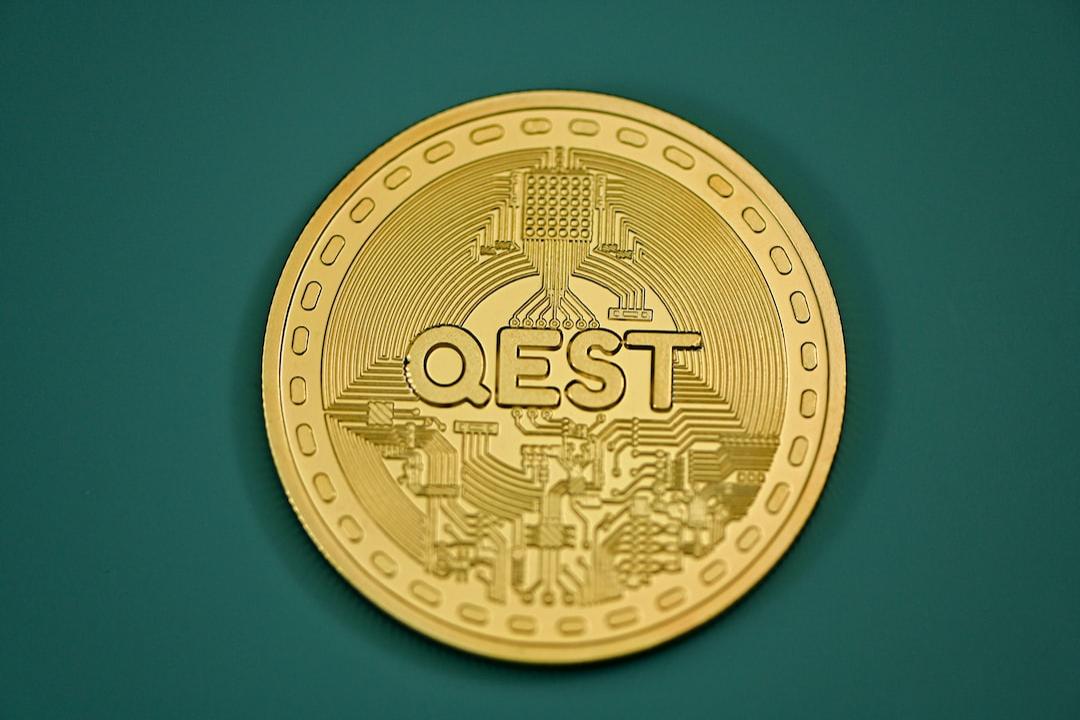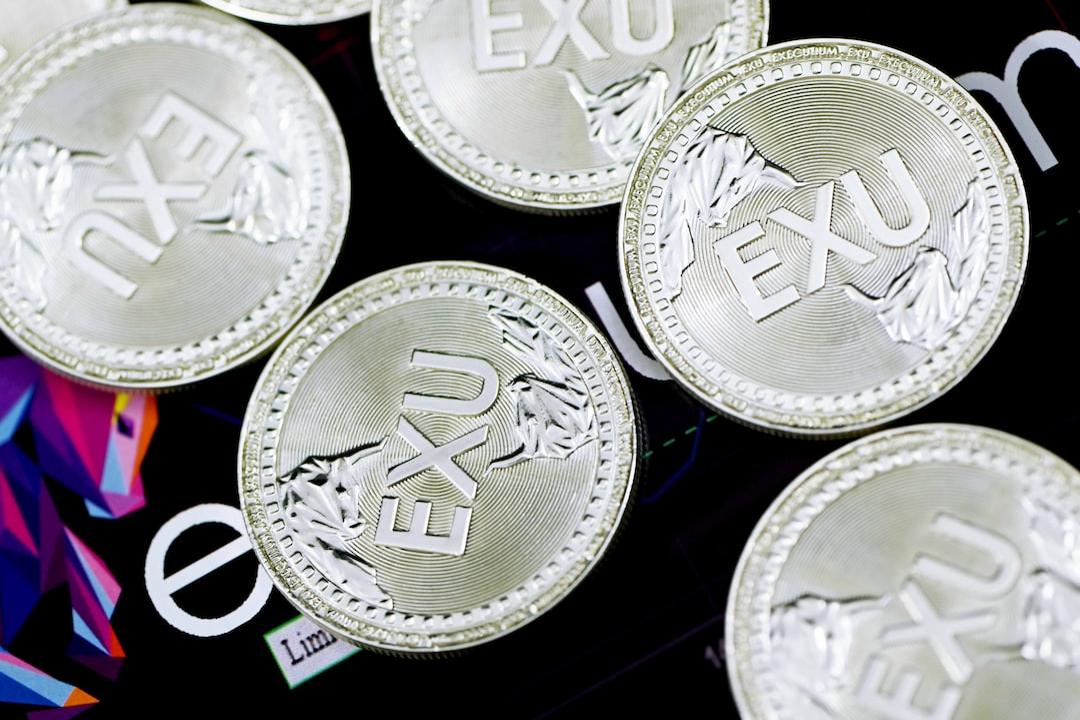
Hong Kong Implements Stringent Measures: On-Site Inspections for Licensing of Crypto
The Securities and Futures Commission (SFC) of Hong Kong has announced that it will conduct on-site inspections of cryptocurrency trading platforms that are still in the process of obtaining licenses, as an important deadline approaches. By June 1, 2024, all virtual asset trading platforms (VATPs) operating in Hong Kong must either be licensed by the SFC or be temporarily deemed licensed until full compliance is achieved. Operating without the necessary licenses after the deadline will be considered a criminal offense under anti-money laundering and counter-terrorism laws, according to the SFC.
To ensure compliance with regulations, particularly in protecting client assets and adhering to know-your-client processes, the SFC will focus on-site inspections on VATPs that are in the process of obtaining licenses. Currently, OSL Digital Securities Limited and Hash Blockchain Limited are the only entities that have obtained full licenses from the SFC. Eighteen others are still in the licensing process, while eleven have either withdrawn their applications or been removed, including well-known exchanges OKX and Huobi Hong Kong.
The SFC has emphasized that VATPs with deemed-to-be licenses are not fully licensed and, therefore, cannot market their services or onboard new retail clients until they achieve full licensing status. Platforms found to be non-compliant during this interim period may have their applications denied and may face additional regulatory actions, including the requirement to submit a plan for an orderly business wind-down to protect client interests. This strict approach aims to ensure that only compliant and secure platforms operate in Hong Kong’s cryptocurrency market. The recent withdrawal of applications may be part of the SFC’s efforts to streamline the process before the deeming arrangement takes effect. The introduction of on-site inspections demonstrates the SFC’s commitment to maintaining a robust regulatory environment for virtual asset trading.
Currently, the SFC’s website lists OSL Digital Securities and Hash Blockchain as the only fully licensed VATPs. The regulator may update its lists on June 1 to reflect the number of deemed-to-be-licensed entities. The increased licensing requirements come in response to a rise in cryptocurrency-related scams in Hong Kong, prompting the SFC to issue warnings about platforms impersonating the two licensed entities.
Hong Kong’s ambition to become a major cryptocurrency hub could face challenges if many of the 18 applicants fail to meet the crucial deadline. The SFC has clarified that it does not expect applicants to market their services or onboard new retail clients before obtaining full licensing. This cautious approach aims to protect investors and ensure that only compliant platforms operate in the market.
In addition, the SFC is considering allowing staking for Ethereum (ETH) exchange-traded funds (ETFs). Discussions with crypto ETF issuers about permitting staking through licensed services are ongoing, which could potentially provide investors with passive income opportunities. If approved, this regulatory change would put Hong Kong ahead of the United States, where staking for Ether ETFs is not yet allowed.
The SFC recently launched six spot Bitcoin (BTC) and Ether (ETH) ETFs at the end of April, which generated activity in the Hong Kong crypto market. However, these spot exchange-traded products have experienced significant net outflows, with a notable increase on May 13, recording a net outflow of 519.5 BTC—an increase of 420% from the previous Friday’s outflow of 99.99 BTC. ChinaAMC’s spot product accounted for more than 48% of the outflow, losing 251.65 BTC, followed by Harvest with a 147.86 BTC outflow, and Bosera HashKey with 119.99 BTC.
The regulatory landscape in Hong Kong is evolving as the SFC strengthens its oversight of cryptocurrency platforms. This increased scrutiny is part of the city’s broader efforts to establish itself as a major cryptocurrency hub while ensuring investor protection and market integrity. As the June 1 deadline approaches, the outcome of these licensing applications will have a significant impact on the future of Hong Kong’s cryptocurrency industry.












